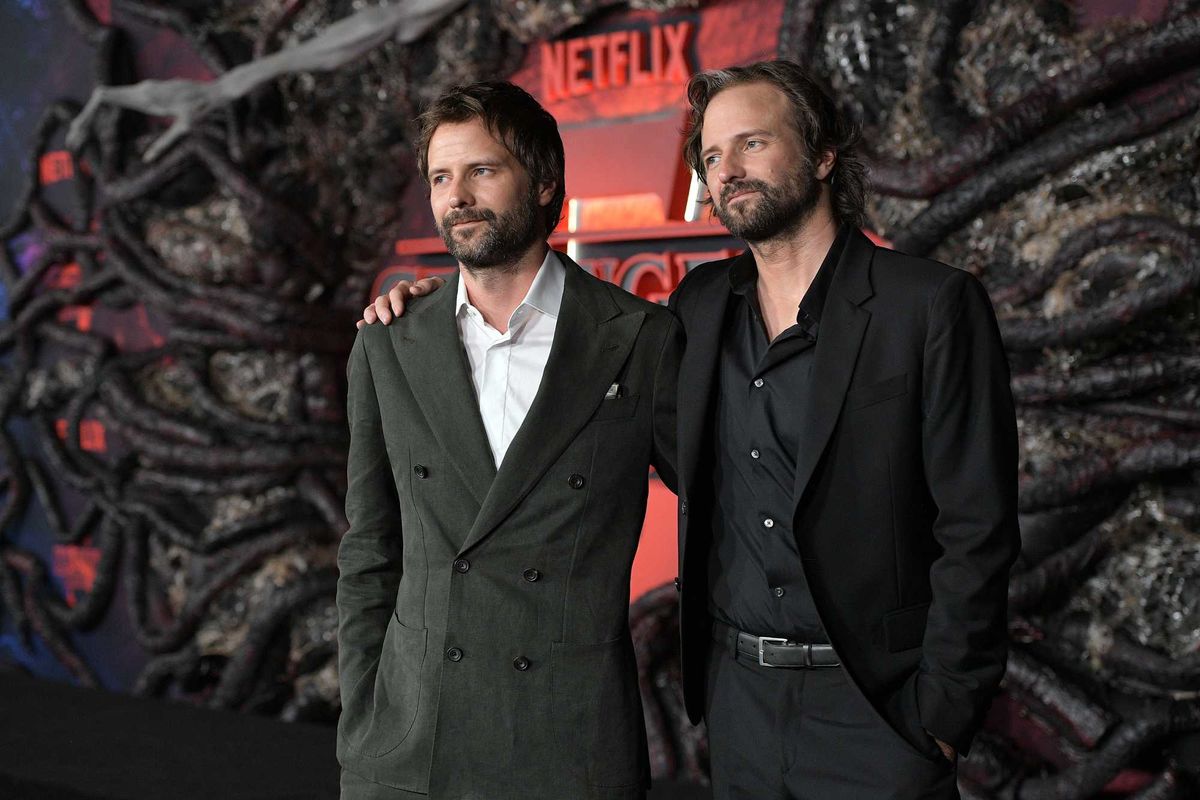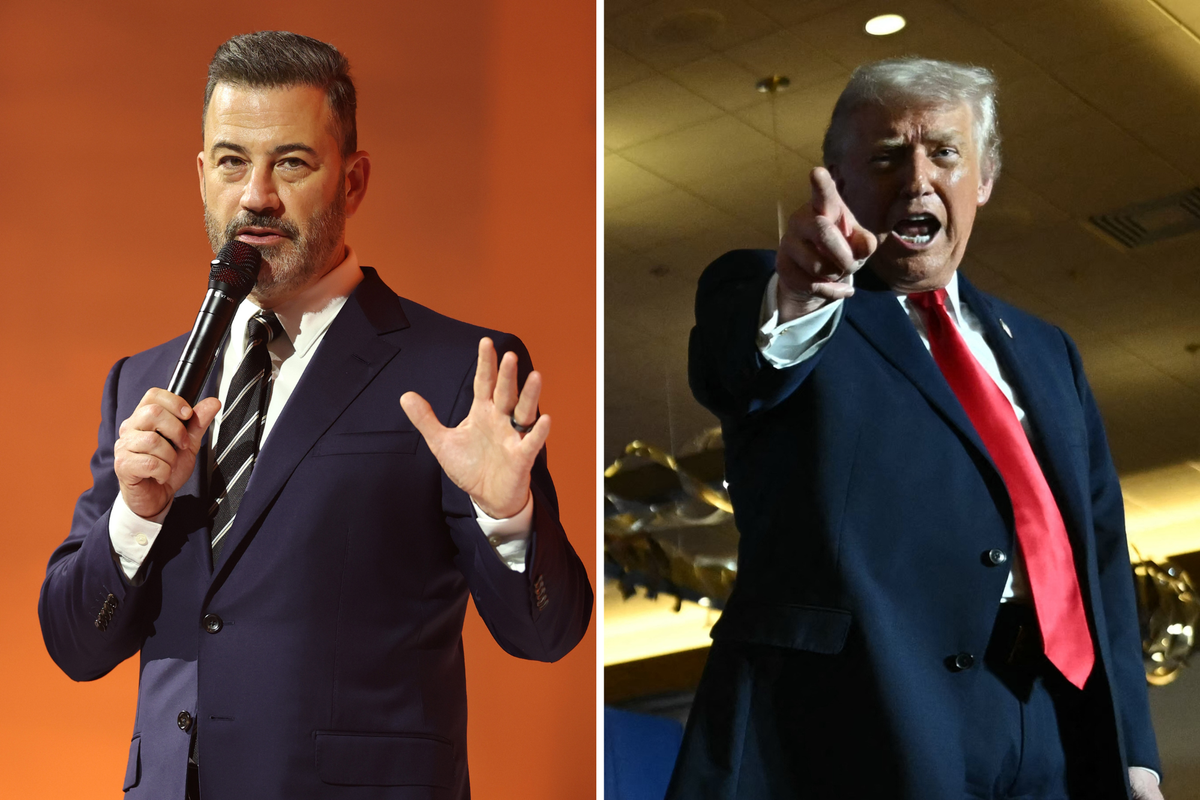'Quiet quitting' has become TikTok's favourite buzzword over the last few months – but now, it turns out managers are taking matters into their own hands by 'quietly firing' employees.
Quiet firing is when management takes steps to make the workplace unappealing or unrewarding in hopes that certain staff members quit.
Subtle signs are said to be resistance from management towards pay reviews and promotions, being assigned unideal working hours and being excluded from the group.
Annie Rosencrans, people & culture director at HiBob told Forbes, "This isn’t necessarily a new phenomenon, but rather a new moniker for a toxic workplace trend that’s been around for years."
Sign up to our free Indy100 weekly newsletter
Earlier this year, attention was turned to 'quiet quitting' after taking over TikTok feeds and being named one of Collins Dictionary's words of the year (beaten by permacrisis).
In short, it's doing the job you are paid to do. No more going above and beyond for little or no reward. Workers are taking a step back and doing the bare minimum instead of quitting altogether.
Examples include leaving as soon as the clock strikes 5pm, no longer responding to messages after work hours or overanalysing emails from your boss.
The concept epitomises that work is not your life, it is not the only priority. There's much more to life than hustle culture and burning out.
One of the most-liked explanations on TikTok comes from career coach Bryan Creely.
@alifeafterlayoff More people are “quiet quitting” instead of leaving. #quitmyjob #corporate #corporatelife #job #jobburnout #greatresignation #career #workthisway #
In his viral clip, Creely disclaimed: "This isn't a long-term strategy or a strategy for those who care about climbing the corporate ladder, but for those of you who don't and are feeling burnt out, maybe dial it back a bit because you won't be the only one."
Have your say in our news democracy. Click the upvote icon at the top of the page to help raise this article through the indy100 rankings.













